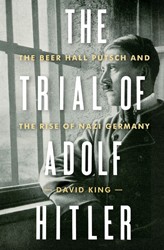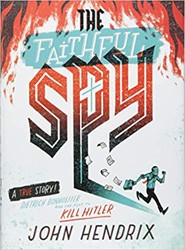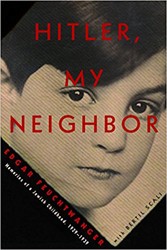R. H. S. Stolfi’s premise, that Adolf Hitler did not think of himself as an evil man doing evil deeds, is diametrically opposed to other biographers’ theories of Hitler, the man. Stolfi professes that Hitler was underestimated by his enemies as well as historians and his biographers. Stolfi quotes Ian Kershaw, a recent biographer of Hitler, as saying that “someone with so few intellectual gifts and social attributes ….was no more than an empty vessel outside of his political life….” In Stolfi’s opinion, Hitler was a talented architect, a good artist (not a mediocre one as is often described), and a music aficionado as well as a heroic front-line soldier of World War I. The common bias of Hitler’s previous biographers, according to Stolfi, is that a fear of interpretation leading to comprehension of the man, might also be considered an apology for his actions. All of Hitler’s previous biographers began their studies from a viewpoint of contempt for the man, rather than an openness to learn about him. Stolfi sees Adolf Hitler as a self-proclaimed messiah; a savior of the German people from the degradation resulting from the Treaty of Versailles and the Marxist Jews who were intent on destroying Germany.
I personally found it difficult to read Hitler: Beyond Evil and Tyranny, because I, like the other biographers, have a hard time overlooking the evil deeds of Hitler and concentrating instead upon his supposed genius. Stolfi characterizes Hitler as a rare world historical figure, compared with the likes of Alexander the Great, Napoleon, and Julius Caesar. He clearly presents an alternate view from all the other major biographers of Adolf Hitler, but not a view that I can share.
Join a community of readers who are committed to Jewish stories
Sign up for JBC’s Nu Reads, a curated selection of Jewish books delivered straight to your door!





